How social media platforms impact social behavior
Social media have a huge effect on social behaviour — in the way we engage, express ourselves, and see ourselves and others. Here’s a rundown of the most important social media influences on social behaviour
Shaping Communication Patterns
Positive Effect: Social media reaches people anywhere, instantly and eliminates geographical separation and establishes global connections. It encourages cooperation and allows sharing of information and ideas.
Negative Effect: It usually promotes shallow communication, less real-world connections. It can compromise verbal and non-verbal communication, if we become too dependent on texting or online conversations.
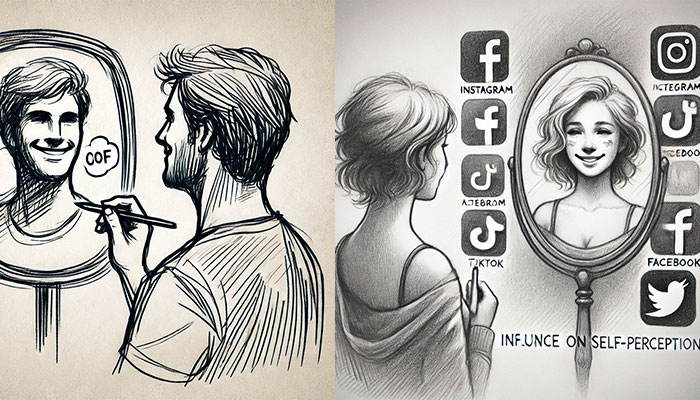
Influence on Self-Perception
Positive Effect: Websites give people freedom for speaking, creating, and becoming. People can establish groups in which they affirm who they are and what they believe in.
Harmful Effect: Instagram encourages unrealistic self-images, body dysmorphia and low self-esteem. Experiencing others constantly is a source of inadequacy or jealousy.
Formation of Social Norms and Trends
Culture and social norms come from the cultural context of social media. #hashtags and influencers shape opinions and socialise behaviours from philanthropy to dangerous endeavour.
Encouragement of Activism and Advocacy
Social media platforms spread out under-represented voices and enable social movements (#MeToo, Black Lives Matter). They allow quick information-sharing, and thus awareness-raising and policy-action.
Yet activism can become performative at times, when people do it in a show of hands to garner social validation as opposed to devoted devotion.
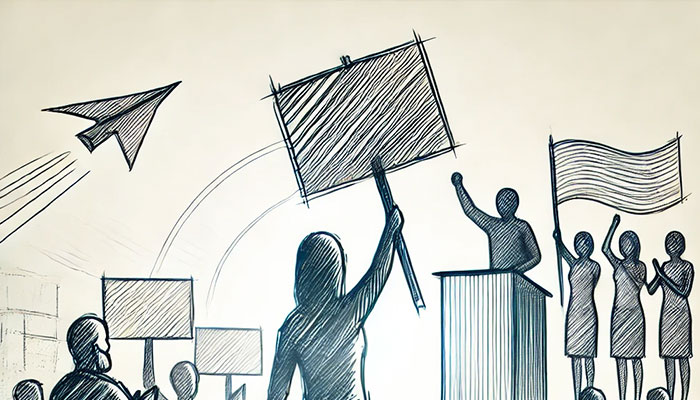
Polarization and Echo Chambers
Algorithms ration what’s posted, resulting in echo chambers where opinions are held in the same place and people are not exposed to alternative views. It is often a source of social and political division.
FAKE TEXT: Misinformation and fake news proliferate at breakneck speed, adâncing divisions and affecting attitudes.
Impact on Mental Health
Excessive social media usage can lead to anxiety, depression and loneliness because it is more likely to be an online presence rather than an in-person one.
But it’s also a community, a place where people can talk about mental health and get help.

Impact on Empathy and Altruism
Although social media is the language of global engagement, its focus on likes, shares and comments can also stimulate performative sympathy as opposed to care.
Yet, the campaign’s results (i.e., a disaster relief fund-raiser) show that the platform has the power to motivate group generosity.
Conclusion
Social media sites exert huge influence on society – both as an enabler for change and a minefield that must be carefully walked. To prevent harm, increasing digital literacy and mindful use are the next steps toward healthier interactions and behaviours.
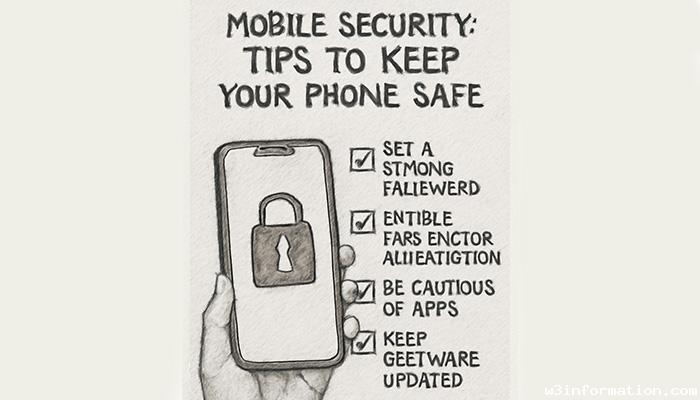 Mobile Security: Tips to Keep Your Phone Safe
Mobile Security: Tips to Keep Your Phone Safe
 Top Mobile Apps for Productivity
Top Mobile Apps for Productivity
 How to Optimize Your Mobile Battery Life
How to Optimize Your Mobile Battery Life
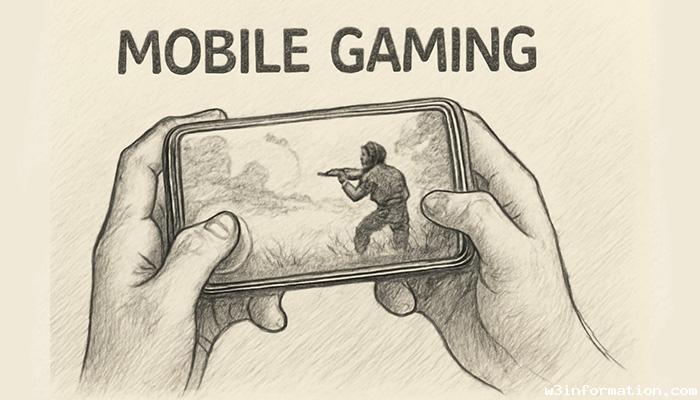 Mobile Gaming: The Best Games in 2025
Mobile Gaming: The Best Games in 2025
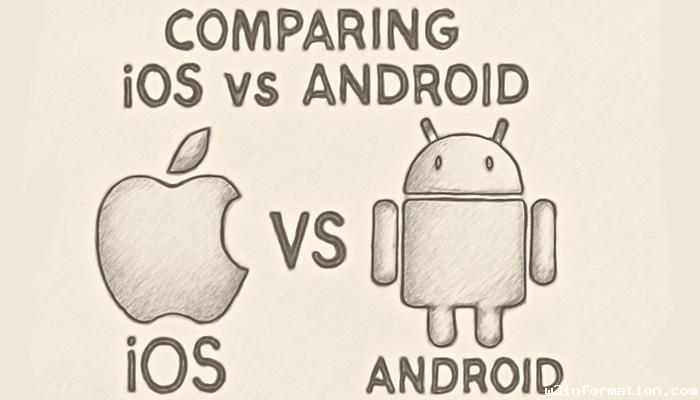 Comparing iOS vs Android
Comparing iOS vs Android
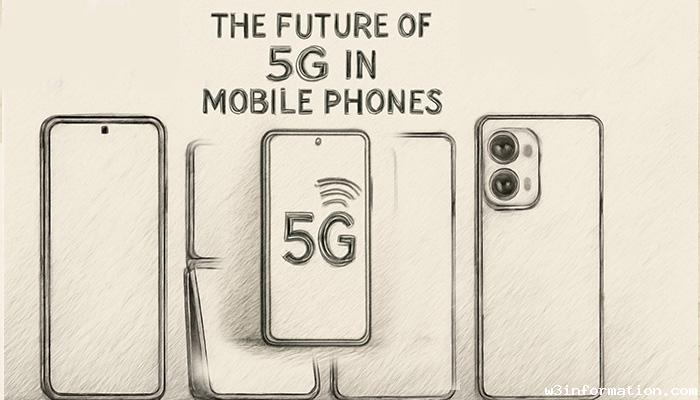 The Future of 5G in Mobile Phones
The Future of 5G in Mobile Phones